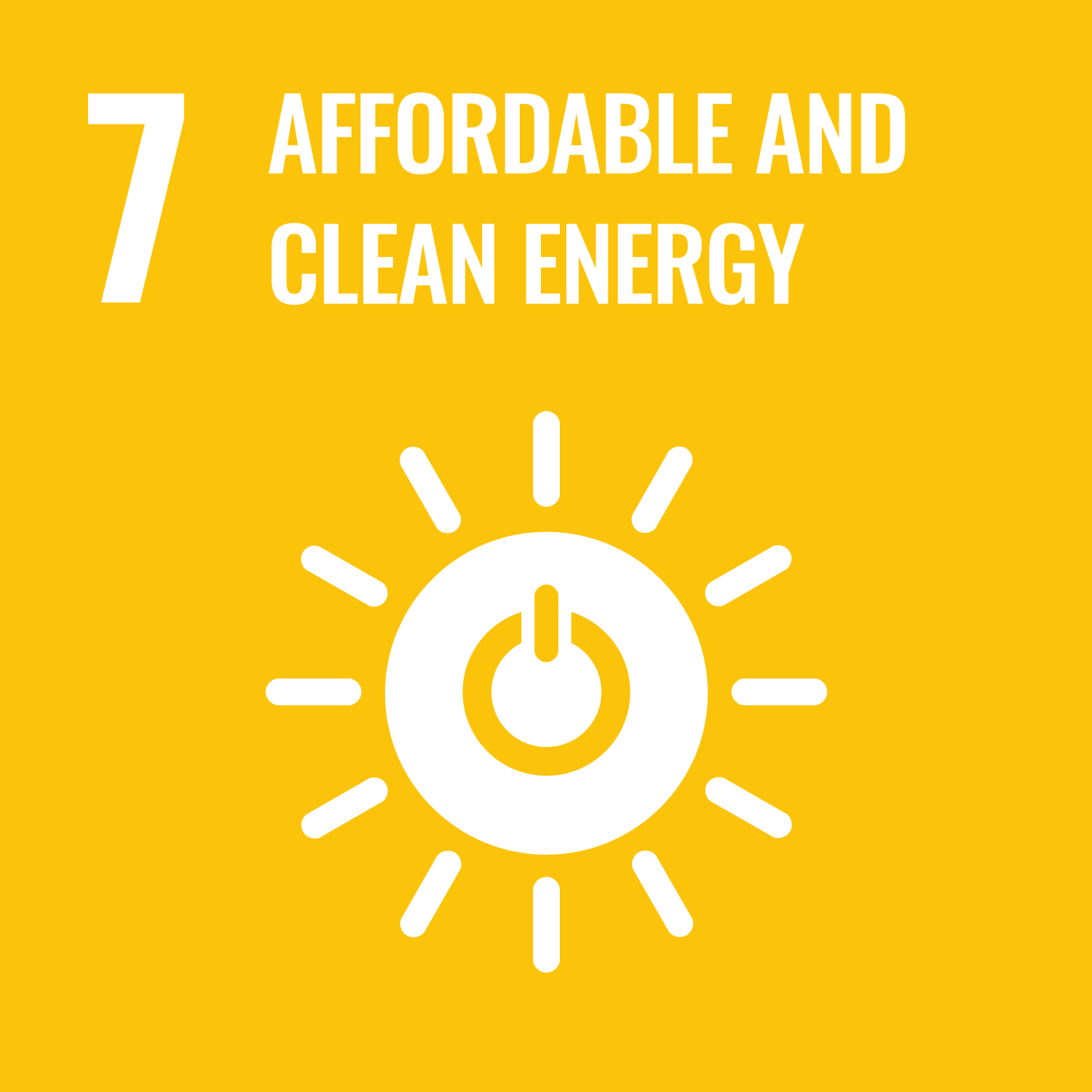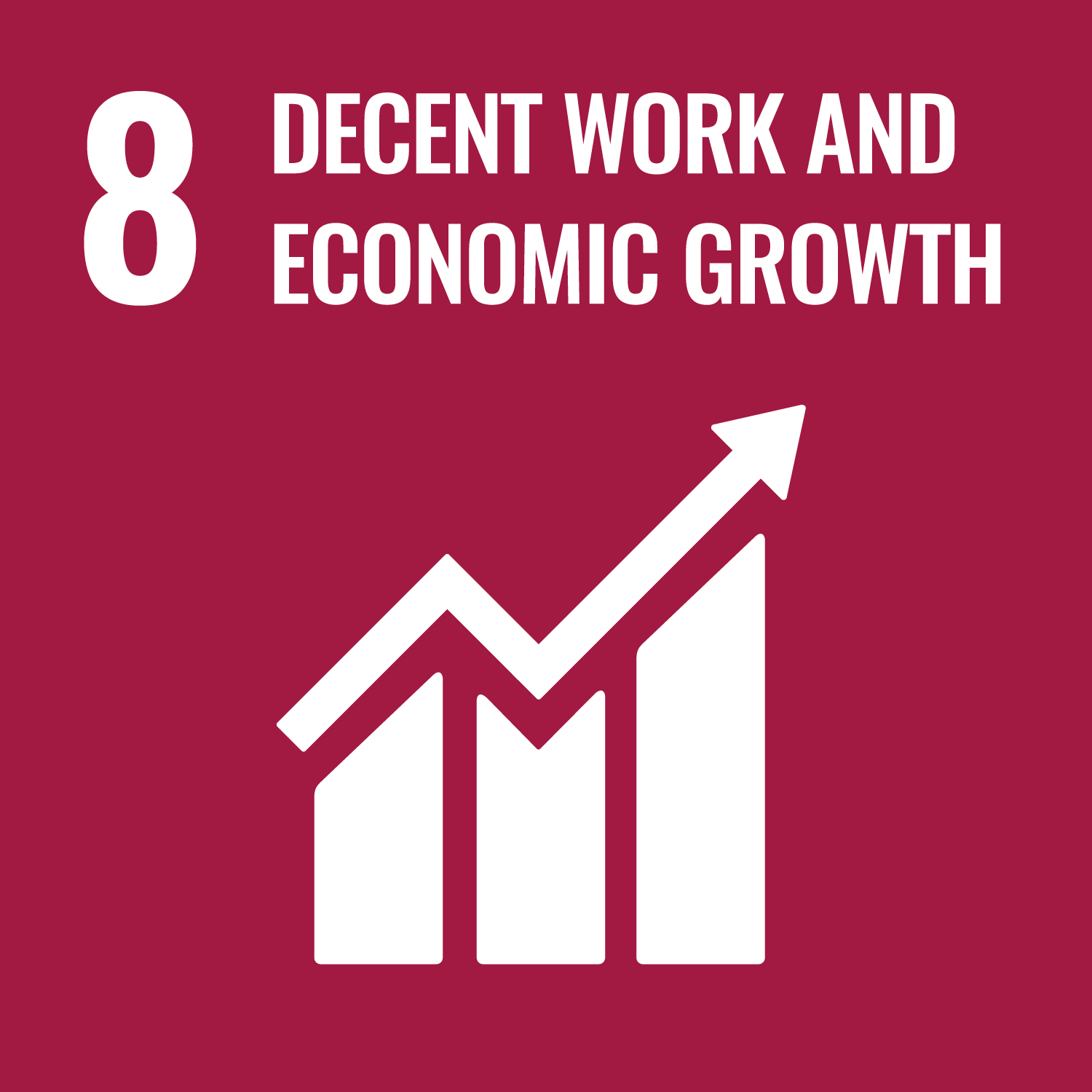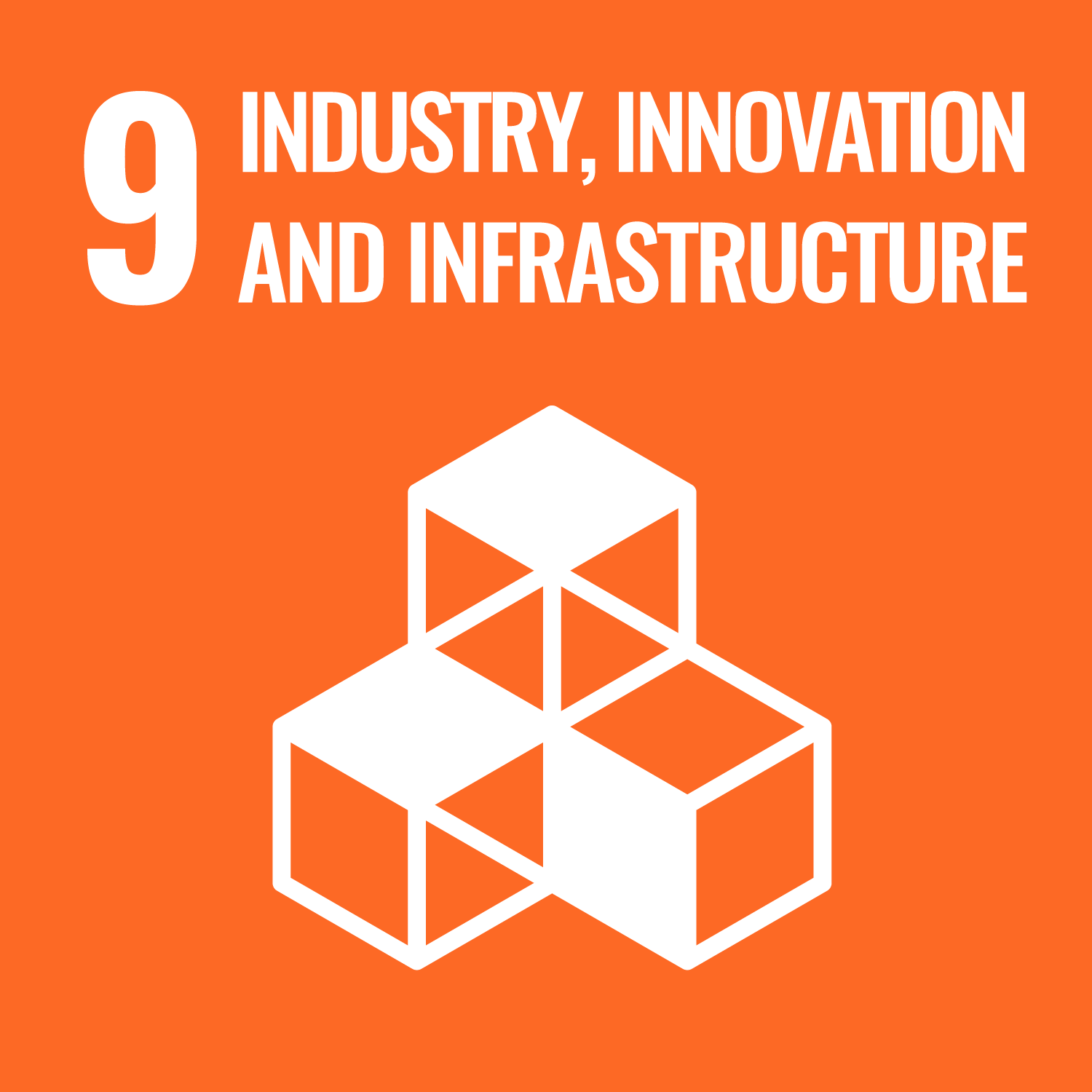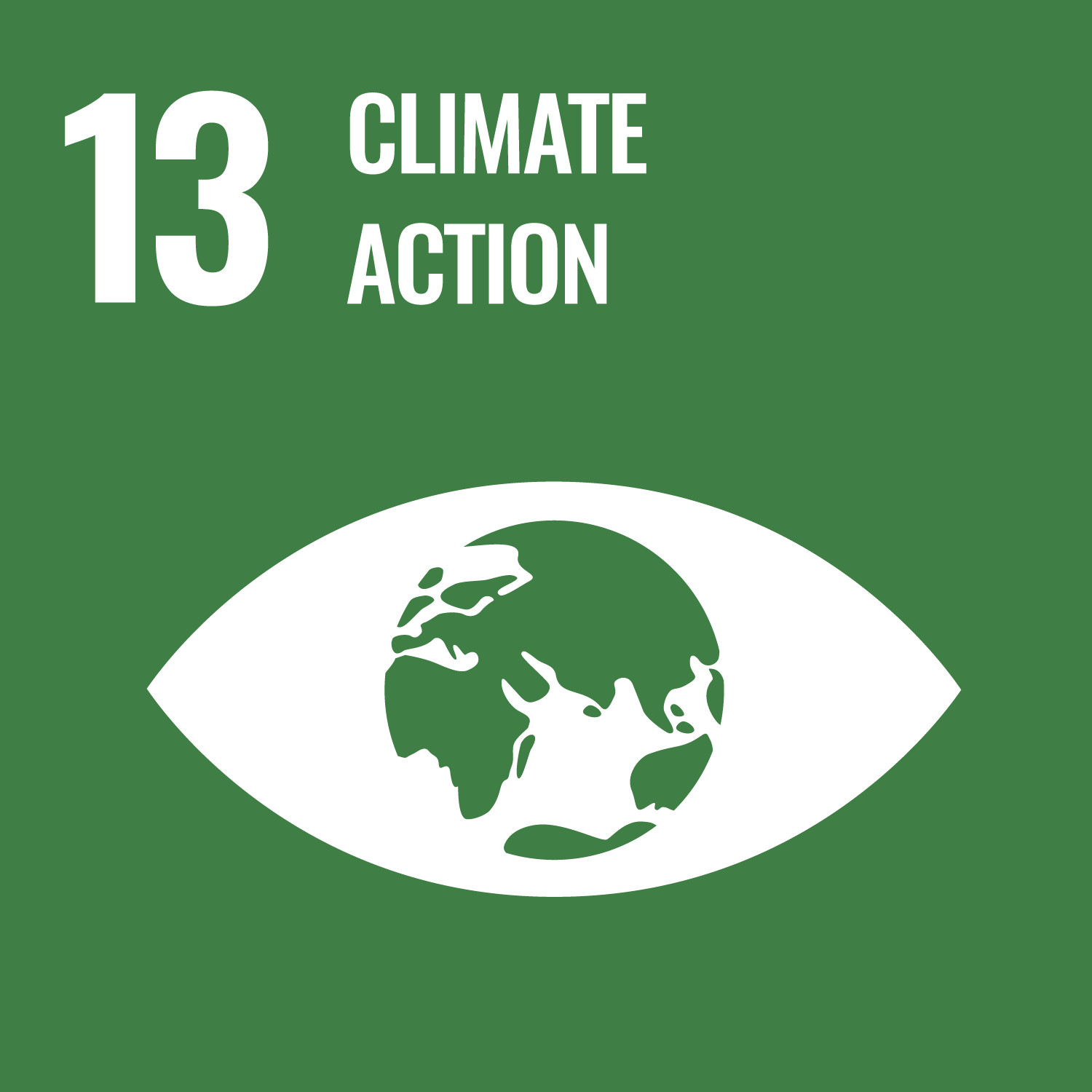PROJECT DETAILS
| Project Submission No. | S00189 |
|---|---|
| Project Title | Ülkün-1 HPP |
| Project Owner(s) (as per PSF & LOA) | 1. Turka Otelcilik Turizm ve Ticaret Anonim Şirketi & 2. Sekans Enerji Limited Şirketi |
| Submission Date | 2022-03-23 |
| Global Stakeholder Consultation Period |
2022-04-21 to 2022-05-05 |
| Sector | 1.Energy industries (renewable-/non-renewable sources) |
| Project Type | Hydro Power |
| GCC/CDM Methodology & Version | CDM Approved AMS-I.D. Grid-connected renewable electricity generation, version 18.0 |
| Forecasted GHG Emission Reduction (tCO2e/Year) |
|
| Forecasted E+ Label | Yes |
| Forecasted S+ Label | Yes |
| Forecasted SDG+ Goals |




|
| Forecasted SDG+ Label | Gold |
| Forecasted Market Eligibility | C+ - Pilot Phase |
| Country |
Türkiye
|
|---|---|
|
Focal Point of Project Owners
|
Sekans Enerji Limited Sirketi |
| Email of Contact Person of FP (Primary) | sila@sekansdanismanlik.com |
| Email of Contact Person of FP (Secondary) | deniz@sekansdanismanlik.com |
| Name of Authorized External Representative Organization | SEKANS ENERJİ LTD.ŞTİ |
| Name of Focal Point of External Representative | SILA |
| Email-id of External representative | sila@sekansdanismanlik.com |
| Documents for Global Stakeholder Consultation | Project Submision
Calculation Sheet Other Documents |
| Project Brief | Ülkün-1 Hydroelectric Power Plant has been developed by Turka Otelcilik Turizm ve Ticaret A.Ş. The project area is located in Çorum Province, Bayat Town, Sağpazar Village. The project consists of 2 units, each having 5.465 MWm / 5.235 MWe. Total installed capacity is 10.93 MWm / 10.47 MWe. Annual electricity production is expected to be 20,570 MWh according to the generation license. The project activity will generate greenhouse gas (GHG) emission reductions by avoiding CO2 emissions from electricity generation by fossil fuel power plants connected to Turkish National Power Grid. The average annual generated energy is expected to be 20,570 MWh according to the generation license and the project will be able to deliver a reduction in emissions of around 11,737 tCO2e annually. For the entire crediting period, 117,370 tCO2e is expected to be reduced. |
|---|